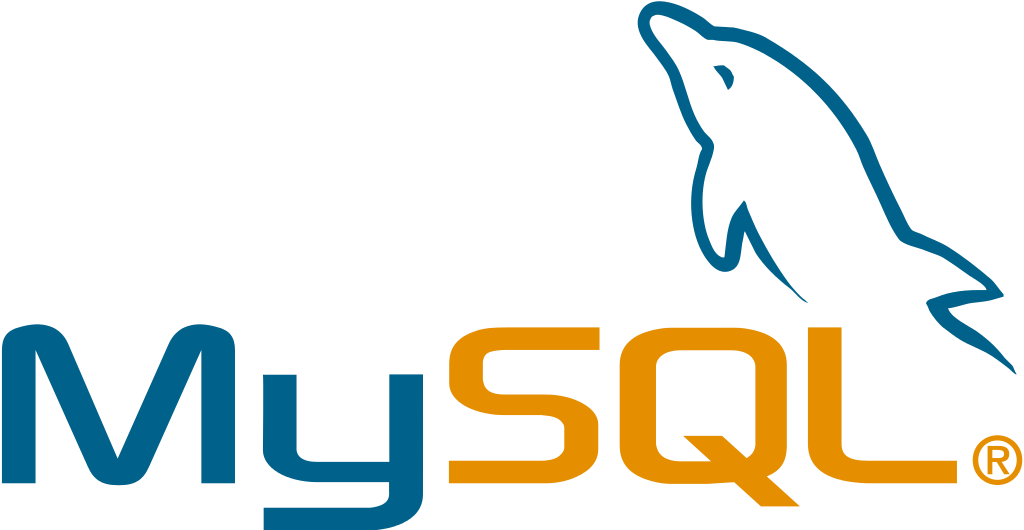What is MySQL?

Hire Arrive
Technology
about 1 year ago
 MySQL is a powerful, open-source relational database management system (RDBMS) used for storing and managing data efficiently. It's a cornerstone of countless websites and applications, powering everything from small blogs to massive e-commerce platforms. Understanding its capabilities is crucial for anyone involved in web development, data analysis, or database administration.
MySQL is a powerful, open-source relational database management system (RDBMS) used for storing and managing data efficiently. It's a cornerstone of countless websites and applications, powering everything from small blogs to massive e-commerce platforms. Understanding its capabilities is crucial for anyone involved in web development, data analysis, or database administration.
Key Features and Capabilities:
* Open-Source and Free: Unlike many commercial database systems, MySQL is freely available under the GNU General Public License, meaning you can download, use, modify, and distribute it without licensing fees. This accessibility has made it incredibly popular.
* Relational Database: MySQL organizes data into tables with rows (records) and columns (fields). These tables are interconnected through relationships, allowing for efficient data retrieval and management. This structured approach ensures data integrity and consistency.
* SQL Support: MySQL uses Structured Query Language (SQL) for interacting with the database. SQL provides a standardized way to create, modify, query, and manage data. Its familiarity and widespread adoption make it easy for developers to learn and use.
* Scalability and Performance: MySQL is designed to handle a wide range of data volumes and user traffic. Through features like indexing, optimization techniques, and replication, it can be scaled to accommodate growing needs. Its performance is generally excellent, making it suitable for demanding applications.
* Cross-Platform Compatibility: MySQL runs on a variety of operating systems, including Windows, Linux, macOS, and Solaris. This flexibility allows developers to deploy applications across different platforms without significant changes.
* Robust Security Features: MySQL offers a comprehensive set of security features to protect your data from unauthorized access. These include user authentication, access control lists, and encryption.
* Large Community and Support: Being open-source, MySQL benefits from a large and active community of developers, users, and experts. This means ample online resources, tutorials, and support are readily available.
How MySQL is Used:
MySQL's versatility makes it applicable in a wide range of scenarios:
* Web Applications: Many popular websites rely on MySQL to store user data, product information, and other crucial content.
* E-commerce Platforms: Managing product catalogs, customer orders, and transaction data efficiently requires a robust database like MySQL.
* Content Management Systems (CMS): Popular CMS platforms such as WordPress utilize MySQL to store website content, user accounts, and settings.
* Data Warehousing and Analytics: While other databases might be preferred for extremely large-scale data warehousing, MySQL can still be effective for smaller to medium-sized analytical projects.
* Embedded Systems: MySQL's lightweight nature allows for its integration into smaller devices and embedded systems.
Alternatives to MySQL:
While MySQL is a powerful and popular choice, other RDBMS options exist, including PostgreSQL, Oracle Database, Microsoft SQL Server, and MongoDB (a NoSQL database). The choice of database often depends on specific project requirements, budget, and expertise.
Conclusion:
MySQL remains a dominant force in the database world due to its open-source nature, ease of use, strong performance, and broad community support. Whether you're a seasoned developer or just beginning to explore databases, understanding MySQL's capabilities is a valuable asset. Its flexibility and widespread adoption make it a compelling choice for a vast range of applications.